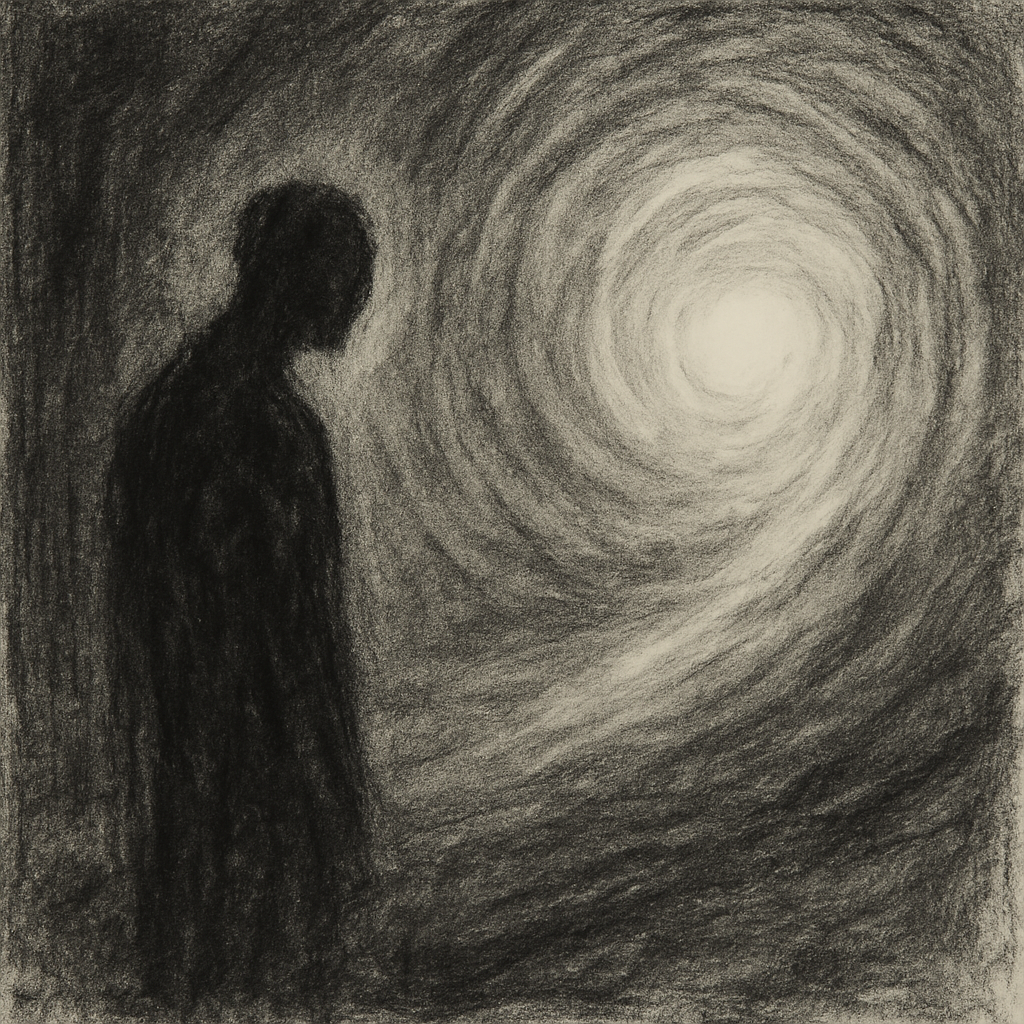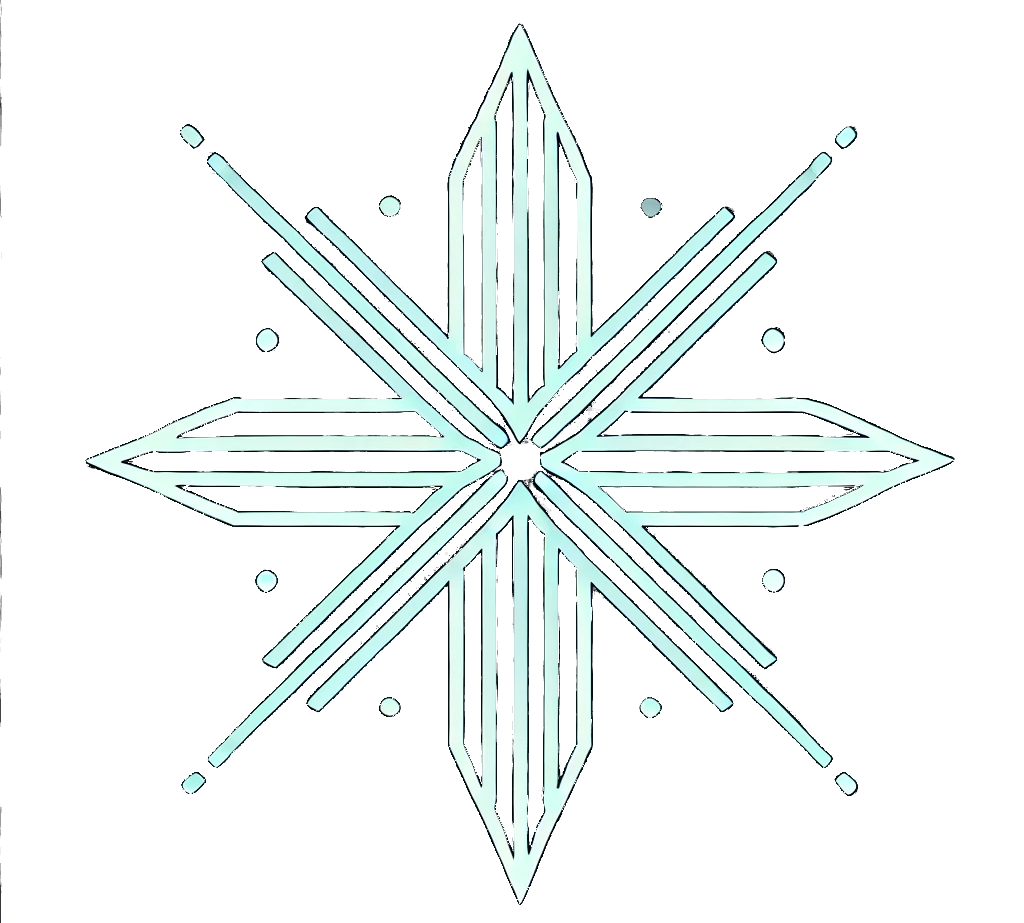Frankl and the Horizon of Meaning

Despite its reputation, Viktor Frankl’s ‘Man’s Search for Meaning’ never resonated with me. It’s a difficult book to critique of course. After all, it means taking issue with someone who endured one of the darkest hells imaginable. Who am I, from my place of comfort and safety, to question the conclusions he drew from his suffering? And yet I do take issue.
The book’s central claim is captured in the following quote: “Everything can be taken from a man but one thing: the last of the human freedoms - to choose one’s attitude in any given set of circumstances, to choose one’s own way.” Though the intuition feels necessary -don’t we all hope to preserve some interior self-coherence in the face of chaos? I think it can read as a critique of those who appear to have abandoned hope, meaning, and morality, and it’s in that gesture that my discomfort begins. The book has gained particular praise in the past decade from figures in alternative right-leaning media, who seem to believe it affirms individual agency and personal responsibility. That in itself is fine - but taken to extremes, it can suggest that people today have no excuse to feel disempowered. The implication, as it were, is that it’s entirely on them to locate that meaning within. It downplays systemic issues and promotes a “toughen up” mentality, as if sheer will alone is the answer. I don’t believe Frankl adequately puts in place guardrails against it being read as a moralistic or hyper-individualist text as opposed to an existential one.
There’s a risk in drawing broad existential conclusions from the intensely specific context of Frankl’s experience. Deported to a Nazi concentration camp in 1942 at the age of thirty seven, Frankl was already a practicing neurologist and psychiatrist. Or to put it another way, he was thrown into that place of human degradation with his worldview, therapeutic theories, and moral compass already well developed. To be clear, I don’t imagine that any amount of historical familiarity grants genuine understanding of that world of ash and wire; one can approach, but it was entered only by those who endured it. Still, it is one thing to enter formed, and quite another to awaken to yourself for the first time therein. When we speak of ultimate things, we tend to reach for either the divine or the catastrophic - God or the Nazis.

Okay, I’m now going to pivot toward my hobby horse: the impending technological firestorm being ignited by artificial intelligence - what some call the coming ‘technological singularity’. Harping on the definition of this term risks adding to the futurist echo chamber, but it helps make my point. In physics, a singularity refers to a point at which the known laws of nature break down - such as at the center of a black hole. It marks a horizon beyond which nothing meaningful can be said. In both cases, the singularity names a threshold where prior assumptions collapse - where the frameworks we use to understand human experience no longer seem to apply.
In invoking the camps of the Third Reich, I believe there’s an apt - if unsettling - contrast to be drawn, even from our historical vantage. For those who, in the course of their lives, came to inhabit those places, the camps lay upon their horizon - a kind of singularity, beyond which was an apocalyptic reality previously unimaginable. The technological singularity now upon our horizon is, of course, of a very different kind - yet it represents a complete rupture in time, an apocalyptic turn. Awful and great, in the oldest sense of both words.

I’ve been watching some of the discourse around AI on social media with growing curiosity. There’s a rising sense of fear and bewilderment - and it may well be a worsening trend. That fear isn’t unwarranted. This is likely the most disruptive piece of technology humanity has - or ever will - invent. It will turn the world as we know it on its head; it really is an event horizon, beyond which all bets are off. Consider, for example, the disruptive effects of the printing press - it triggered over a century of religious war. Hopefully, what’s coming won’t rise to that level of violence, but it will almost certainly surpass it in terms of sheer disruption. The birth pangs will be very real. I’m thankful that I approach this horizon as someone who has already had the space to form a worldview and intellectual framework. I enter the tumult with a clear sense of who I am. It will be very different for those like my children, who will never remember the time before.
Frankl’s generation was hurled against a boundary it neither foresaw nor could escape; ours is speeding toward another, driven by artificial intelligence, and we’ll have no more choice about confronting it than they did. We can’t slow it down or step aside, but we can decide how to meet it. Rather than retreat into fear, blame, or denial, we can face the unknown with level headed humility and a spirit of inquiry, ready to adapt to whatever comes next. In the absence of inherited maps, it falls to us to sketch the outlines of a worldview supple enough to survive what’s coming - one not rooted in certainty, but in the capacity to remain human when the ground beneath us shifts.
📚 Bibliography
- Frankl, Viktor E. Man’s Search for Meaning. Translated by Ilse Lasch, Beacon Press, 2006, p. 66.
